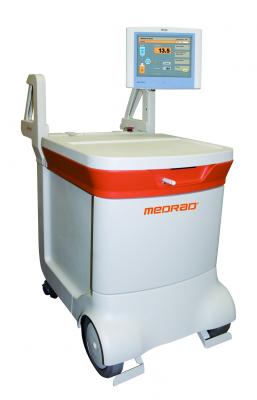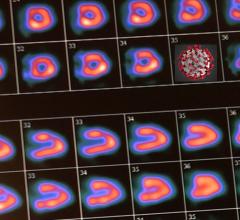
January 12, 2017 — Bayer Healthcare has initiated a recall of all its Medrad Intego PET Infusion System Source Administration Sets used in nuclear imaging. The company said particulates can form inside the vials. The U.S. Food and Drug Administration (FDA) has identified this as a Class I recall, the most serious type of recall. The FDA said use of these devices may cause serious injuries or death.
The company is recalling all product distributed between Oct. 9, 2008 to Oct. 11, 2016. This includes 86,172 products in the U.S.
The Medrad Intego PET Infusion System controls and delivers medications from a chamber to a patient through a needle inserted into a vein during nuclear medicine procedures. Nuclear medicine procedures are used to diagnose and treat diseases such as cancer, thyroid disease, and heart disease.
Bayer has determined all Source Administration Sets used with the Medrad Intego PET Infusion System may produce a particulate matter in the medicine vials. The particulates may be created when the tip of the needle pushes through the rubber top of the vial. If this occurs, the particulate matter could enter into the patient and cause serious adverse health consequences including infection, damage of tissue and death.
On Nov. 7, 2016, Bayer sent an urgent medical device field safety corrective action notice to all affected customers. The notice asked customers to immediately discontinue the use and quarantine any unused affected product. It further instructed customers to retain the quarantined Source Administration Sets to be used when the new qualified in-line filter is received.Customers can also contact Bayer customer care at 800.633.7231, opt. 2, to receive a returned goods authorization number and return the product to Bayer.
To see a complete list of impacted batch numbers, go to www.fda.gov/MedicalDevices/Safety/ListofRecalls/ucm536548.htm?source=govdelivery&utm_medium=email&utm_source=govdelivery


 November 12, 2025
November 12, 2025 









